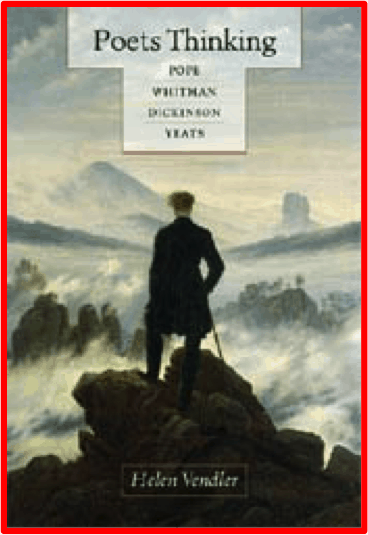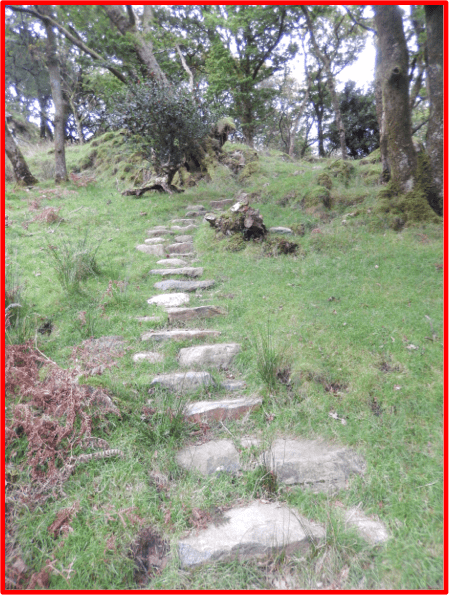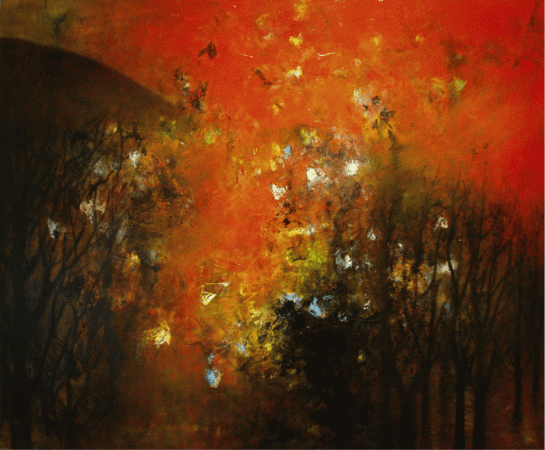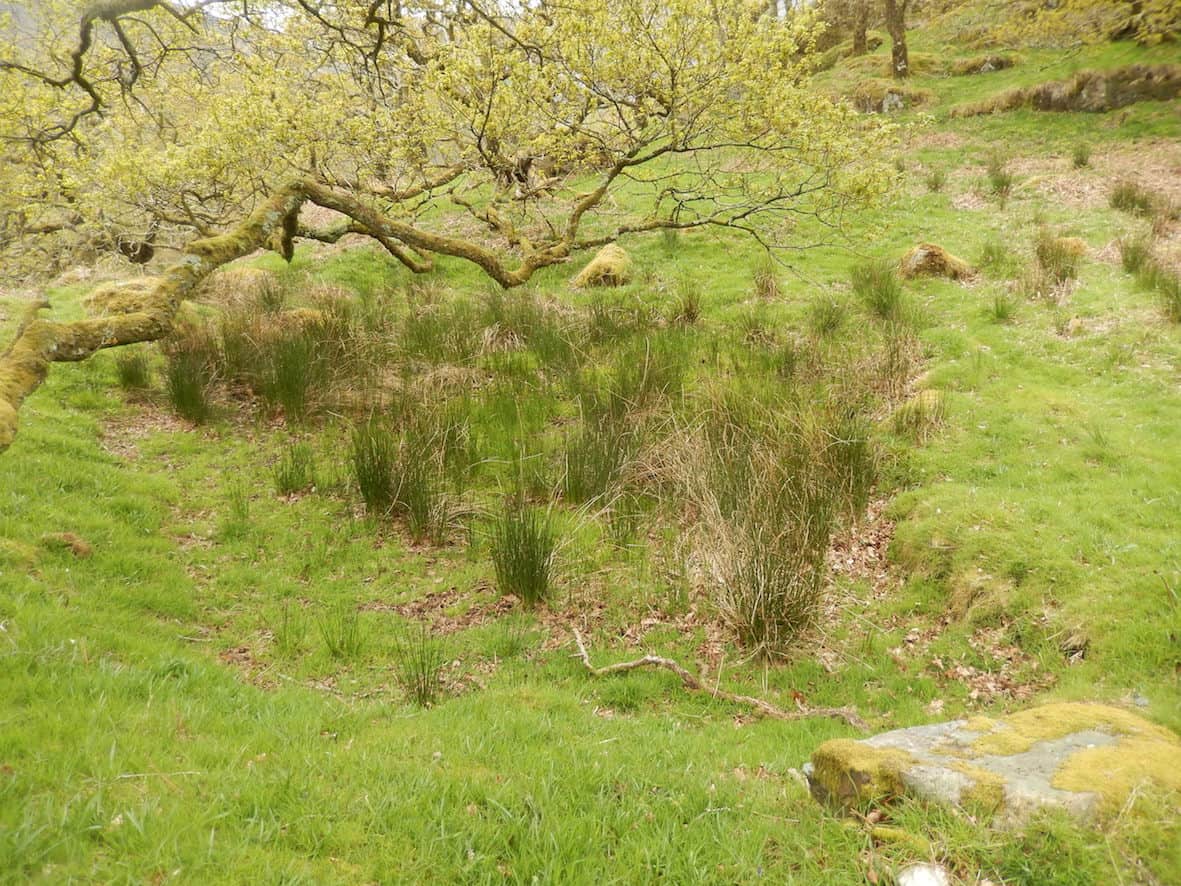(The following is an article I was commissioned to write many years ago for a local magazine, Peninsula Alternative. It was accepted for publication but, as far as I know, never appeared. I forgot about it and only came across it the other day. Given that its theme and content is still relevant, I figured here is as good a place as any to publish it. I’ve added notes where appropriate. The piece itself might be seen as a type of manifesto for my writing. I hope you enjoy it.)
Imagine a world in which the arts are central. Imagine a world where politicians read Wordsworth or Judith Wright before making decisions about old-growth forests, or where athletes immerse themselves in viewing a Greek statue before lining up at the blocks. Imagine a world where school children listen to Bach while studying science and mathematics. If we decide to pursue actively the line of reasoning of the great American literary critic Helen Vendler, then this world may be a strong possibility.
In the 33rd annual Jefferson Lecture given earlier this year [2004] in Washington, Vendler, a professor at Harvard*, proposed that ‘the humanities should take, as their central objects of study, not the texts of historians or philosophers, but the products of aesthetic endeavour: architecture, art, dance, music, literature, theatre and so on’. She instanced the major American poet Wallace Stevens who said ‘Art helps us to lead our lives’, and, while analysing three of his poems in support of her thesis, asked the question, What would we be if we were living in a world without ‘the products of aesthetic and humanistic effort’, a world with ‘no music, no art, no architecture, no books, no films, no choreography, no theatre, no histories, no songs, no prayers’? Without such things we would be ghosts, ‘only half ourselves’.
Vendler’s analysis reminds me of that famous scene in Dead Poets Society in which the Robin Williams character is talking to his literature students, gathered in a huddle around him, about the importance of poetry:
We don’t read and write poetry because it’s cute. We read and write poetry because we are members of the human race, and the human race is filled with passion. Medicine, law, business, engineering—these are noble pursuits, and necessary to sustain life. But poetry, beauty, romance, love—these are what we stay alive for!
Not only insightful teachers of the humanities can recognise the importance of those things ‘we stay alive for’. Mathematicians of all persuasions recognize elegance in a proof or a summary equation, elegance being just another word for beauty. And everyone knows of certain buildings, bridges and engineering feats that take the breath away: the Parthenon, the Brooklyn Bridge (as it was for Hart Crane), the landing of Apollo 11 on the moon.
Then there are academics like Fouad Abd-El-Khalick+, an education professor [2004] at the University of Illinois at Urbana-Champaign who has been tackling the normal view of science that it is ‘completely rational, objective, procedural, authoritative and free of cultural influence’. After eight years of research into how students perceive science, he wants to advance the view of science as ‘a historical, creative, passionate, and social endeavour aimed primarily at understanding and problem-solving’ [my italics]. So it seems that even those noble endeavours that sustain life can also, if pursued with the right intensity, make one feel alive.
All those things we live for, all those ways of living with intensity, can be summed up in one word, Imagination. I don’t mean that faculty of the mind that sits alongside will and reason, small ‘i’ imagination, that particular faculty we use to make pretty or not-so-pretty pictures in our heads during daydream or when visualising a scene from a book. Imagination, as expressed in and through the works of such great poets as Dante, Blake, Shelley, Keats and Yeats, is that realm of the eternal from which we come and to which we return, what Coleridge called Primary Imagination: ‘the living power and prime agent of all human perception … a repetition in the finite mind of the eternal act of creation in the infinite I am,’ that realm that others may call Nirvana, Buddhahood, the Tao, Heaven, Tír na nÓg, or Annwn.
Such a concept has no place in the materialist culture of the last two hundred years, a culture that privileges matter over spirit, then dismisses spirit as pure superstition. While this approach may have provided the world with unparalleled material progress, it has achieved this by disregarding the individual soul and the planetary connectiveness some call Gaia. We have become disassociated from ourselves and from nature. We have little Imagination, little connection with the source of ourselves. We are so busy chasing material happiness through 60-hour workweeks and the plunder of planetary resources (to the point of incurring ‘ecological debt’) that we have no time for beauty, for passion, for the touch of Imagination in and through our lives.
Yet maybe the type of refocussing that Helen Vendler envisages for academia is a step towards reclaiming Imagination for ourselves. W B Yeats once said of early Byzantium that
…maybe never before or since in recorded history, religious, aesthetic and practical life were at one…the painter, the mosaic worker, the worker in gold and silver, the illuminator of sacred books, were almost impersonal, almost perhaps without the consciousness of individual design, absorbed in their subject matter and the vision of a whole people.
How many of us have a vision beyond the purely material? How many think and feel beyond the personal? How many are fully absorbed in a creative activity? Vendler wants students to be ‘gently led, by teachers and books, from passive reception to active reflection’. Such a program would lead the students of a nation to contribute to the culture of that nation and of the world as a whole: ‘After all, it is by their arts that cultures are principally remembered…The arts are true to the way we are and were, to the way we actually live and have lived’. Such a program may bring a common lived vision to a people, though not by sacrificing that sense of individual autonomy we now consider a birth right.
Still, how do we encourage such a connection with Imagination when we are not a member of whatever academic institution accepts Vendler’s vision? That proverb of the ecological movement—Think global, act local—gives the lead here. To develop a connection with Imagination, with things of the spirit, with ‘beauty, romance, love’, means opening ourselves to the possibility of their coming into our lives. It means accepting the premise of spirit, not matter, as the ground of existence. This is the global thought. The local act is to search for that one endeavour in our lives we cannot possibly do without and then pursue that endeavour with passion, commitment and integrity. Whether this activity is poetry, painting, or music, one of the ‘official arts’, or something more ‘practical’ such as gardening, cooking, fundraising or working our usual job, is irrelevant.

The great mythographer Joseph Campbell used to say to his students, when they asked him what they should do with their lives, ‘Follow your bliss’. The Yaqui sorcerer Don Juan, in Carlos Castaneda’s books, calls this choice the act of being on ‘the path with heart’. To find such bliss, to travel such a path, is never easy at first, especially when we live in a culture that does not acknowledge such passion, such delight for the activity itself, except when it fulfils the most narrow of economic goals. Yet, no matter how much of a risk it seems or how hard it is to persevere with the choice, the act is essential if we wish to avoid living as ghosts.
Robin Williams’s character encouraged his students to ‘seize the day’ and ‘make their lives extraordinary’. To follow the message of the arts as Helen Vendler has it, to seize the reality and imperative of Imagination as all the great poets have done, to see even the sciences and our workplaces as places for passionate pursuit, is to transform our lives and the lives of those around us. The only choice is between living as the dead do, those sleepwalkers unaware of the astonishing brightness around them, or living in full connection with what truly matters, with what fires the blood, sharpens the senses, extends the mind.
In the Mundaka Upanishad, there is a story about two birds that live in the tree of life. One eats of the sweet and bitter fruit and the other watches. Imagine a world in which we are like both those birds, a world in which every moment is intense art, is both an act of creation and an appreciation of that act. Such a world would overflow with clarity and ease, with genius and magic, like the intoxication of a lover’s always touch—and we would be fully ourselves.
It’s already around us.
Imagine it.
Notes:
* Helen Vendler is currently the Porter University Professor Emerita at Harvard University.
+ Fouad Abd-El-Khalick is now Dean of the School of Education at the University of North Carolina at Chapel Hill.
______________________________________________________


